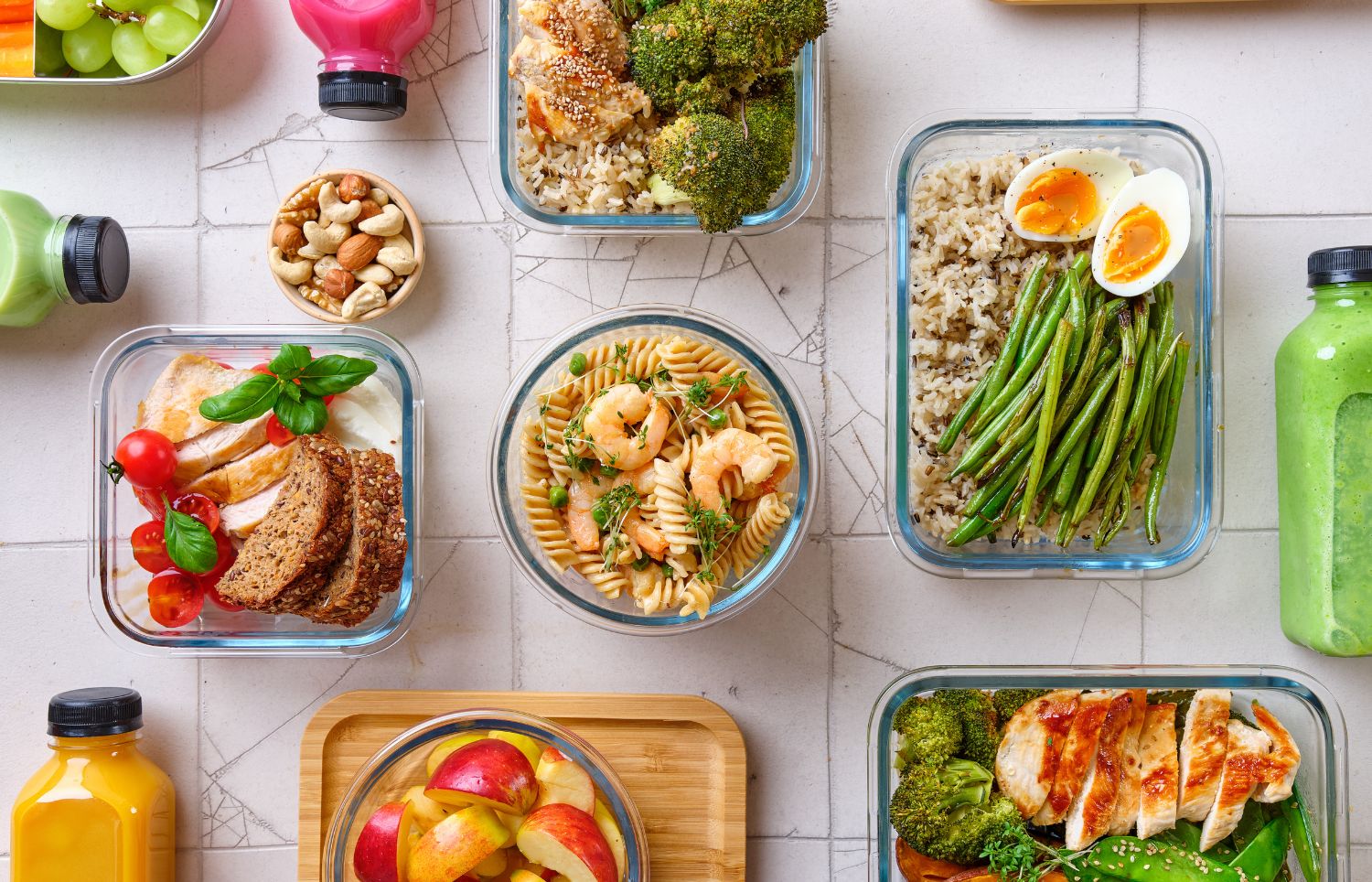

It’s a natural part of our life and we all do it (in one form or another) and some of us have issues with it like any other part of our body but why is it that it’s not socially acceptable to be open about our bowel and having a bowel condition? Yes, it’s the poo taboo. An embarrassing secret that some of us harbour from even our closest loved ones.
Lauren White is a PhD student researching into the social boundaries of common bowel condition Irritable Bowel Syndrome and how the symptoms affect us socially in everyday life and how those who live with it negotiate this tricky condition. Lauren also has a long term bowel condition, which led her to start her research.
Lauren is dedicated to raising awareness around the condition and in the past has conducted a toilet mapping study, which explored how those with IBS make maps (whether mental or physical) of toilets as they go about their daily life, highlighting the often immense work that those with bowel conditions face when managing their symptoms and looking for lavatories.
Lauren, thank you for taking the time to talk to us at the Bladder and Bowel Community…
Thank you – i’m really glad to be invited into the Bladder and Bowel Community!
Tell us a little bit about your research projects on everyday life with IBS and toilet mapping?
I’ve been researching the experiences of those who live with IBS for several years now. As I’ve spoken to more and more people who live with the condition, it became apparent how important toilets are, for a diversity of reasons. One of the key factors is that often those with IBS need to know where the nearest toilet is, or will already have checked it out before going to a place. This lead me to conduct research into toilets mapping where I sought to understand the journeys people went on when going about their everyday life. In the study, I walked with participants around the city centre, on their journey to work, up the corridors of their office, as they told me about their journeys and mental maps of the nearest toilets. However, it’s not just about a toilet simply being there, but the organisation of it, who else might be there, how long it might take to get there, or how long you might spend in there, as well as issues such as privacy and masking presence. This insight has made me think more broadly about how access to toilets, and going to the toilets (something that everyone does in day to day life) is part of broader social activities and engagement with everyday routines and practices, which is leading on to my new research.
How does IBS affect someone on a daily basis?
I think it’s important to acknowledge that IBS is different for everyone. It is an individual condition that can affect people in a variety of ways. For some, it is managing pain. For others, it is managing diarrhoea and finding toilets in a hurry. For others, its managing constipation and flatulence. All of these symptoms affect people’s everyday lives in different ways. In some cases, it can affect individuals quality of life, if they cannot access spaces where their symptoms can be managed – whether it be an accessible toilet or a menu at a restaurant that caters for their diet. For some, even talking about their IBS can be extremely difficult, due to the nature of the symptoms, but also because of the lack of recognition that IBS as a condition has. It is often not taken very seriously and as a result there is a lack of understanding in the very real effects IBS has on people’s everyday lives.
IBS is a condition that affects you personally. How do you think this has affected you socially?
I’ve had problems with my bowel all of my life. I’ve had various different issues, and symptoms which have caused difficulties in certain social settings. I often get urgency to go to the toilet, which means I generally know where the toilet is already or like to stay nearby to one in case I suddenly feel the need to go. I have always experienced abdominal pain, which can sometimes affect my ability to work and do things socially. I think it’s a process of knowing your body, what to do when it flares up, and knowing that it can be chaotic at times. My own experiences have certainly shaped my interests in the social research I have done, past and present.
Why do you think it is so socially unacceptable to talk about ‘toilet issues’?
I think that from a young age, particularly in our current society, we are often taught that toilets (and our excretions) are a private side of life. This is something that we can even think about in the context of the historical development of having toilets installed in houses as a reflection of status. Right from potty training, we are also taught a particular way of going to the toilet, we are taught manners of what we should do (where we should go, and how), and how we should talk about it (or not talk about it!). I think these kind of factors are all important in thinking about why toilet issues can be socially unacceptable to discuss, and how when social expectations are breached, it can lead to embarrassment. Of course it is an individual experience, but these are potentially important social factors.
How can we help to break down the ‘poo taboo’?
I think it’s often a case of simply talking about it, and educating those who may not understand conditions like IBS, as well as many other conditions that are affected. I think it’s about being honest about the reality of what our bodies do, and the diversity of that too. It’s recognising that despite fear of difference or exclusion, we can find commonality in the reality that we all have excretions. It’s part of being human.
Lauren is currently looking for recruits into her next social study on IBS entitled ‘How do you live with your IBS symptoms in day to day life?’ Details of the study are below and if you would like to participate please contact Lauren on [email protected] or phone on 07722054147.
“This study will explore people’s experiences of living with IBS symptoms in day to day life –how IBS may affect routines, places you go, times in your day and your social relationships. I am looking for individuals who have Irritable Bowel Syndrome (IBS) aged 18 or over, who live within the South Yorkshire area and would be interested in participating in my research. I would like to invite you to complete a two week diary to document how your IBS affects you on a daily basis. I would then like to speak to you about how you found completing the diary and discuss any aspects of your life with IBS that you wish to share.
This research is part of my PhD into the social experiences of IBS. This project has been ethically approved by the University of Sheffield.”
You can find out more about Lauren and her work here:
https://www.sheffield.ac.uk/socstudies/postgraduate-research- students/lauren-white
Supervisors:
Dr Kate Reed and Dr Kate Weiner, Department of Sociological Studies, Elmfield Building, Northumberland Road, Sheffield, S10 2TU
For further support with living with IBS, please go to The IBS Network, The National Charity for IBS https://www.theibsnetwork.org/








